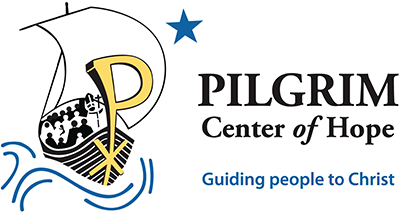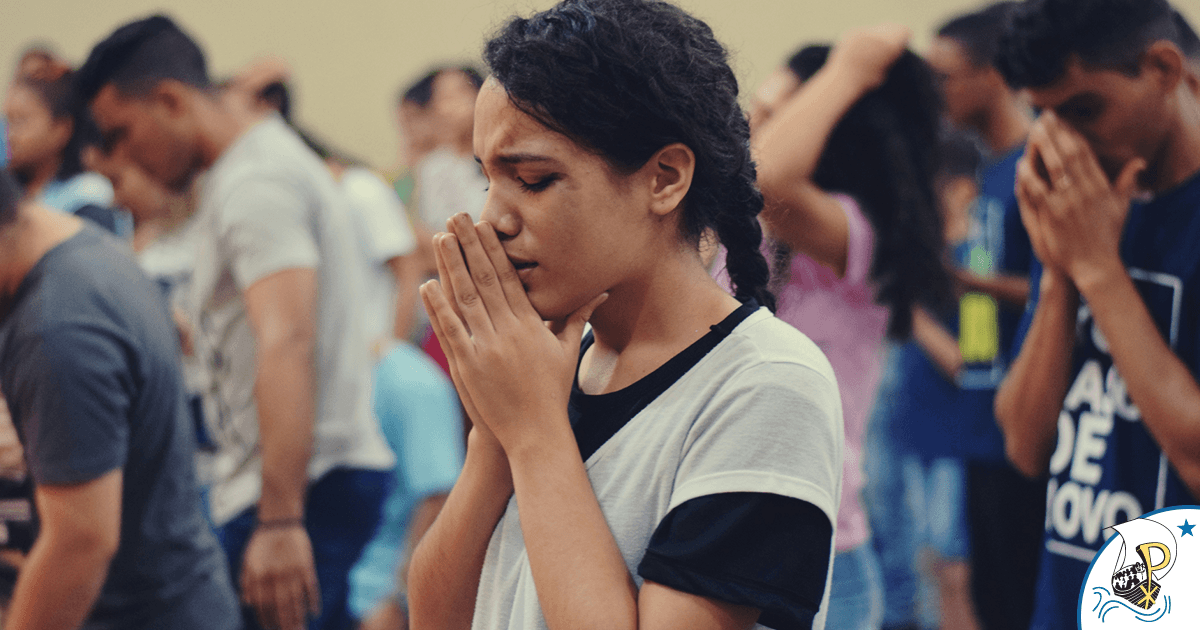The importance of prayer in our pilgrimage of hope cannot be overstated. One of the four sections of the Catechism of the Catholic Church is dedicated to “Christian Prayer.” Prayer to a Christian is more essential than an oven to a baker, water to a swimmer, or words to a writer. Whereas a baker, swimmer, or writer could be called such according to their skill, it is not so for Christians with prayer because we do not need to be naturally “skillful” in prayer to connect with God:
“In the same way, the Spirit too comes to the aid of our weakness; for we do not know how to pray as we ought, but the Spirit itself intercedes with inexpressible groanings. And the one who searches hearts knows what is the intention of the Spirit, because it intercedes for the holy ones according to God’s will” (Romans 8:26-27).
Surrendering to God’s will and sincerely praying “Thy will be done” can be one of the scariest prayers, especially when our will seems very reasonable. The supernatural gift of hope can help us perceive with joyful expectation that, regardless of present circumstances, God truly loves us and is trustworthy by his love. God makes good–on his justice, on his mercy, on his promises.
Prayers vs. Wishes
When I was in school, I read the classic short story The Monkey’s Paw by W. W. Jacobs. In the story, a monkey's paw is said to have the ability to grant three wishes, but the outcome for the wisher is unfortunately dark and adverse. The author warns, “Be careful what you wish for, you may receive it.” Asking an unknown, powerful entity for something is risky. Similarly, some ancient peoples were hesitant and fearful of praying to the “gods” who seemed unpredictable in granting blessing or destruction. Ancient peoples did not generally believe the “gods” had the best intentions for the person who was praying.
“If you were granted three wishes, what would you wish for?” I recall how peers in childhood cleverly responded to this icebreaker question by including a request for “more wishes.” If there is not a loving person at the end of our three-wish allotment, we may be understandably tempted to outsmart the system and hoard wishes. Prayer, however, is more than asking for something–even important things. When we know God’s goodness and generosity, we do not need to 'budget our grace allotment’ or devise ways to gain a more generous portion out of God.
Hoping In God
We as Christians can hope, knowing the goodness of the One to whom we are united in prayer:
“In the New Covenant, prayer is the living relationship of the children of God with their Father who is good beyond measure, with his Son Jesus Christ and with the Holy Spirit” (CCC, no. 2565).
Though we need not be naturally skilled in prayer, we do have a role to play in responding to God’s good gifts. The saints, like St. Teresa of Avila, advise humility–acknowledging who we are in relation to God– and persevering in prayer.
I feel comforted knowing I do not need to pray skillfully or perfectly, and that I can have hope that God will lovingly meet me where I am and take care of the rest.
"In prayer you become one with the source of our true light – Jesus Himself.” - Pope John Paul II

Coralys Quintero Muñoz is a happy wife living a happy life. She attends Mary, Mother of the Church Parish where she teaches Confirmation with her husband Daniel. She works as a Mental Health Clinician.
Answering Christ’s call, Pilgrim Center of Hope guides people to encounter Him so as to live in hope, as pilgrims in daily life. See what’s happening & let us journey with you! Visit PilgrimCenterOfHope.org.

